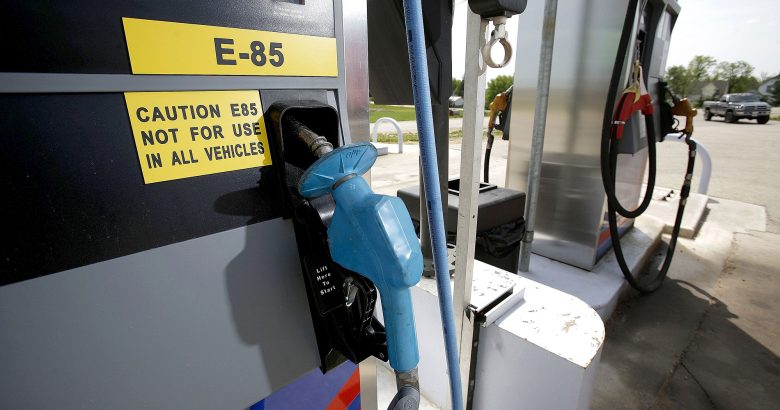
Let’s look at the vehicles that use E85 first. Flex-fuel Vehicles (FFV) are vehicles that are designed to operate E85 fuel. In fact, they will work with straight gasoline, E85 or any combination of the two. Many manufacturers have sold E85 capable vehicles in the last decade.
The folks at Car City West Used Cars in Clive, IA explain that you could think of FFVs as “transitional vehicles” and E85 as a “transitional fuel”. They are engineered to bridge the gap between our current predominately petroleum-based (gasoline) supply and steadily growing bio (plant-based ethanol) fuel supply. They are an attempt to get ready for the possible demand for this type of fuel, if it occurs.
GM has been a leading proponent of FFVs for over a decade now but many automotive manufacturers haven’t signed on because there isn’t a lot E85 stations in the US yet. It’s a bit of a chicken or egg kind of thing. In other countries, E85 is vastly more popular than it is here in the US. In Brazil, for example, most gas stations carry E85 fuel because the biofuel is made locally and in large quantities. Here in the US, many manufacturers are waiting to see if the demand for flex-fuel vehicles increases before they jump in.
Is there any advantage to using E85? Is E85 fuel cheaper than gasoline? Well, currently it isn’t. While the prices of E85 are typically less than standard gasoline, there is less energy per unit volume (27% less) which means less fuel mileage. This, of course, would change if the prices of E85 would decrease, which is always possible if supply increased. Again, it’s a chicken or egg kind of thing.
And what about the future of E85? The fuel distribution infrastructure for ethanol is still in its infancy, and it will take many years and money to fully develop. During the possible transition from petrofuel (gasoline) to biofuel, vehicles will need to be able to run on both types of fuel as availability of one or the other may be spotty.
Will this actually happen? Well, the United States is a “market economy” and the market will determine if there is a future for this type of transportation fuel. We will just have to see.
Source: Lebanon Ford
Images Source: Google